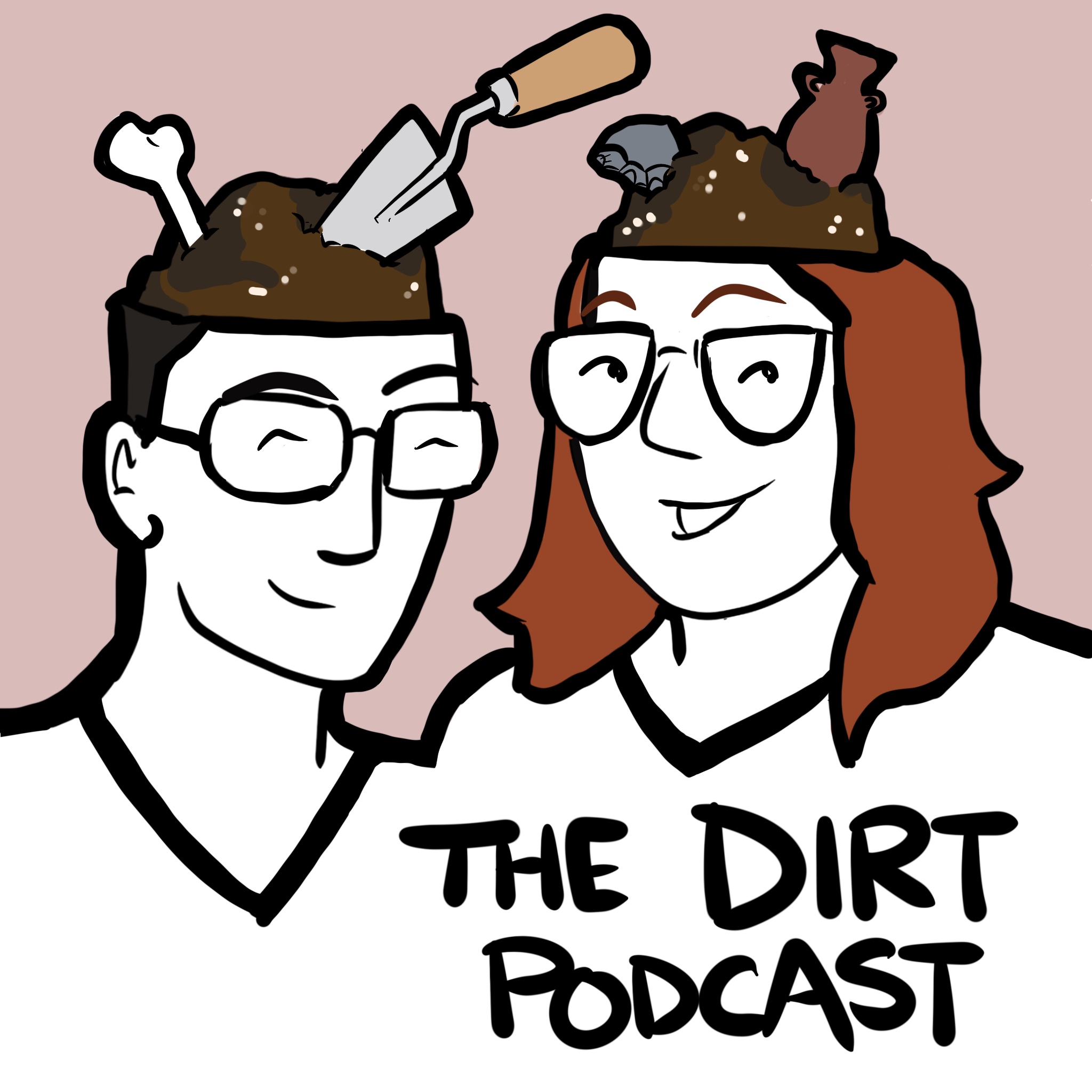bonus
Dirt After Dark: Chalk Penises and Also Other Penises
Jumping off of this month's episode on chalk figures in the British countryside, let's give the big guy his due and talk about the Cerne Abbas Giant's giant dick. Since surely a single rude drawing does not an episode make, we get into the phenomenon of putting phalluses on things in the Roman world and the modern collegiate environment.
The Cerne Abbas Giant (Museum of Hoaxes)
Snail Shells Date England’s Cerne Abbas Giant to Medieval, Not Prehistoric, Era (Smithsonian)
A Psychoanalyst Explains Why Men Draw Dicks on Everything (Vice)
Why The Ancient Romans Drew Penises On Everything (All That’s Interesting)
Love, Sex and Marriage in Ancient Rome (Psychology Today)
Stone Phalluses of Pompeii (Atlas Obscura)
Naming of Parts: Gender, Culture, and Terms for the Penis among American College Students (American Speech)

